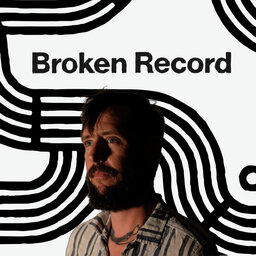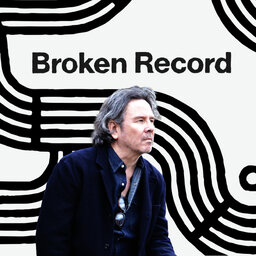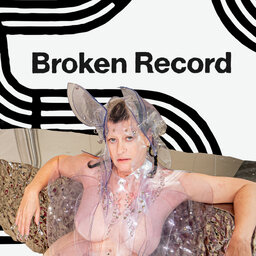Shannon & The Clams
Shannon & The Clams were long time regulars in the Bay Area music scene. The band’s two main songwriters—Shannon Shaw and Cody Blanchard met in college in Oakland, California. They remained there for about a decade until a number of events set them adrift physically and spiritually.
The band’s new album, The Moon Is In the Wrong Place, is taken from a phrase Shannon’s fiancé, Joe Haener uttered shortly before his passing. Much of the album is anchored around Shannon’s grief. On today's episode Justin Richmond talks to Shannon Shaw and Cody Blanchard about moving away from Oakland, the aftermath of losing a loved one, and about their Dan Auerbach-produced album, The Moon Is In The Wrong Place.
You can hear a playlist from Shannon's late fiancé, Joe Haener, HERE.
 Broken Record with Rick Rubin, Malcolm Gladwell, Bruce Headlam and Justin Richmond
Broken Record with Rick Rubin, Malcolm Gladwell, Bruce Headlam and Justin Richmond


